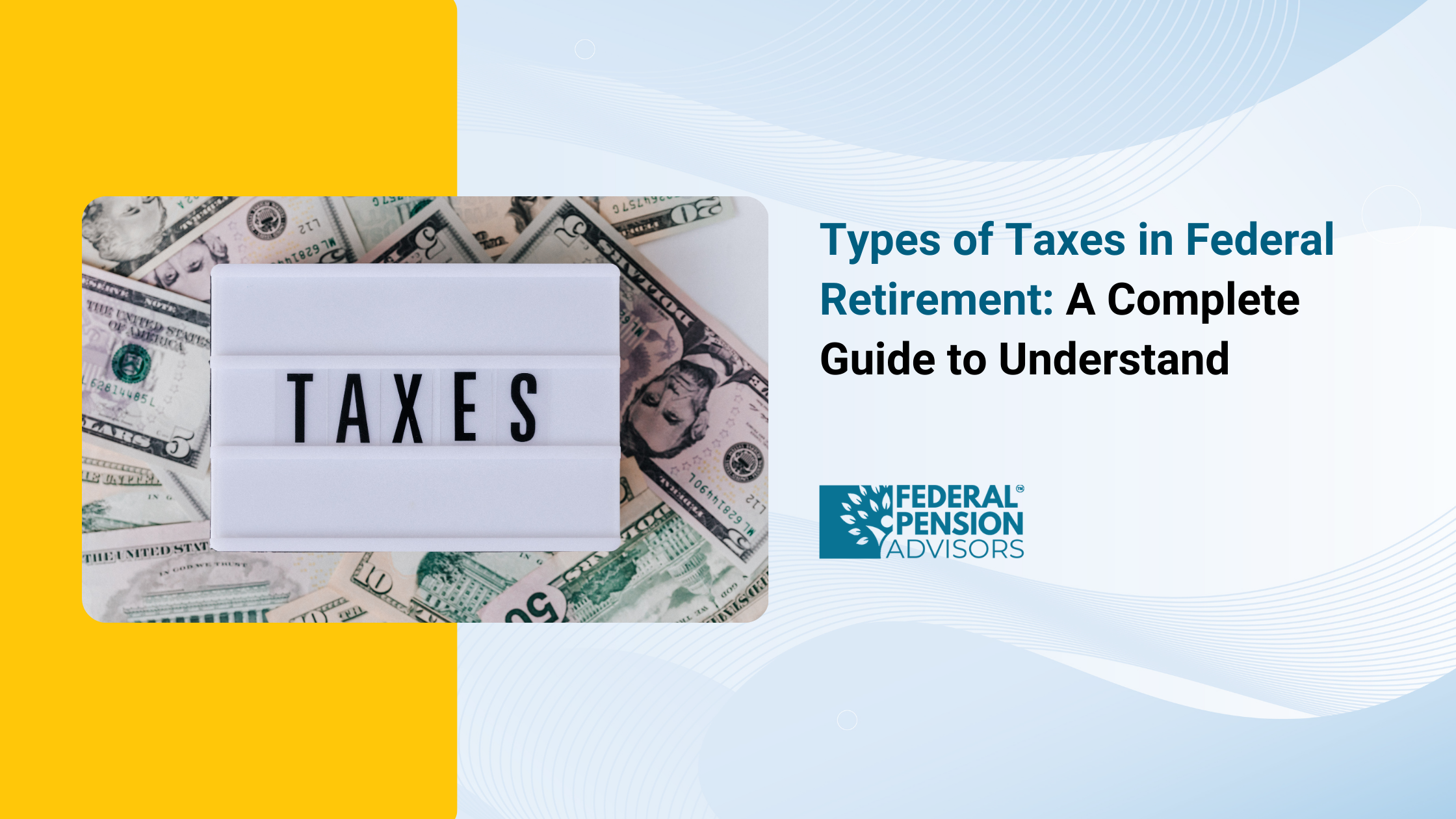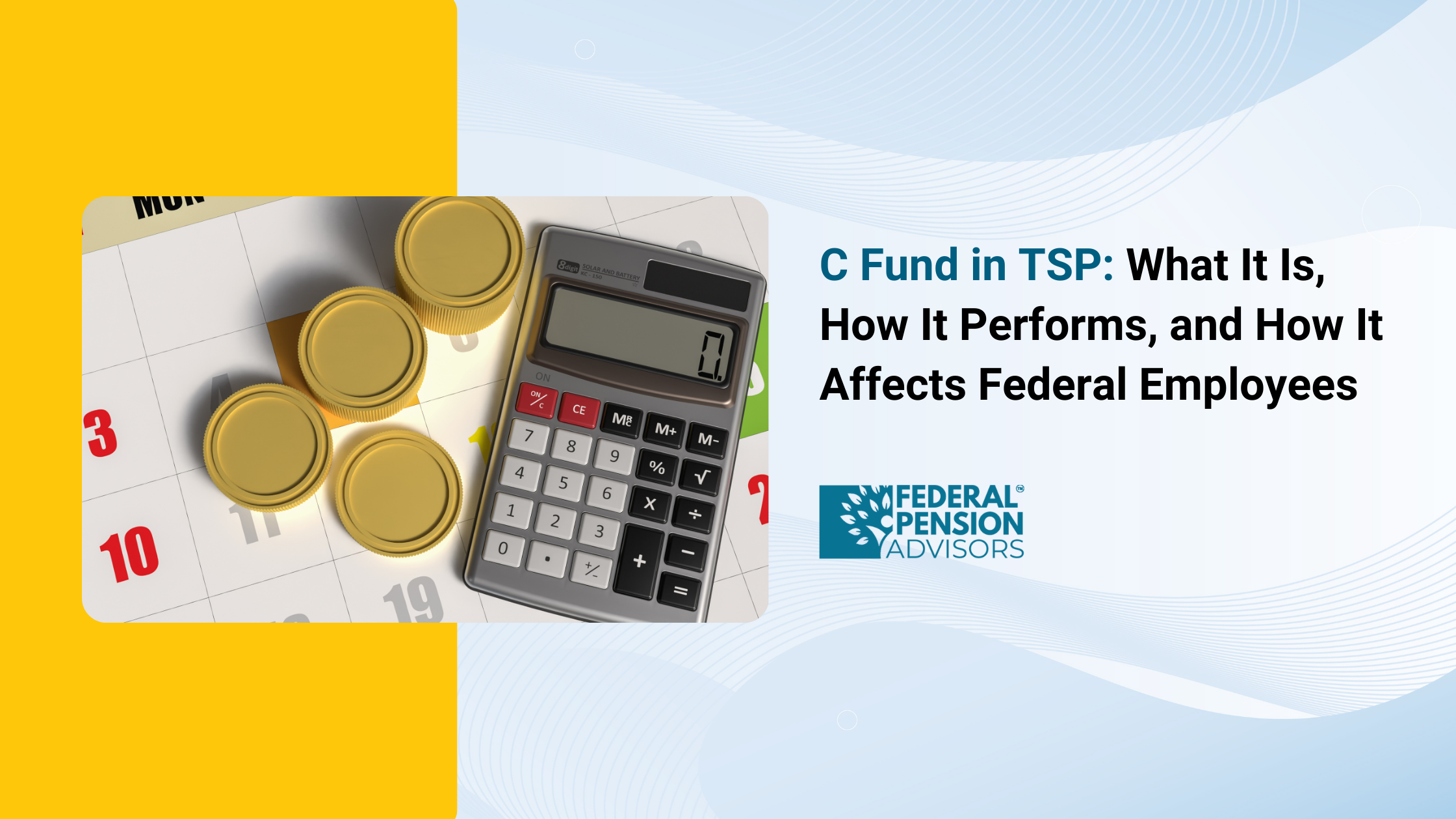You’re not alone; 4,359 federal employees booked their free review.

Special Retirement Supplement: FERS Guidelines
FERS special, also known as the FERS Annuity Supplement or Special Retirement Supplement (SRS), is an additional retirement benefit for certain federal employees who retire before age 62, designed to supplement their income until they are eligible for Social Security benefits.
Eligibility depends on specific criteria, including retirement with an immediate, unreduced annuity and meeting certain age and service requirements.
Delve further to understand the FERS Annuity Supplement, its importance, eligibility requirements, and how our specialized services can assist you in navigating this complex field.
What Is the FERS Special Retirement Supplement?
The Federal Employees Retirement System (FERS) Special Retirement Supplement is a unique benefit designed to bridge the income gap between the time you retire and when you're eligible to claim Social Security at age 62.
In simple terms, if you retire before turning 62 and meet certain criteria, the FERS supplement gives you a monthly payment that mimics the Social Security benefit you have earned while working under FERS.
Who Qualifies for the FERS Annuity Supplement?
Here’s a quick look at the eligibility criteria:
- You must retire with an immediate FERS annuity, meaning you retire under normal retirement conditions (not deferred retirement).
- You must retire before age 62.
- You must meet one of the following retirement conditions:
- Minimum Retirement Age (MRA) + 30 years of service
- Age 60 with 20 years of service
- Special provision employees (like law enforcement, air traffic controllers, and firefighters) who retire at age 50 with 20 years or at any age with 25 years.
Not eligible if:
- You take a deferred retirement.
- You retire under MRA + 10 (reduced retirement benefit).
- You are already 62 or older when you retire.
Other things to consider:
- You cannot receive the FERS supplement and Social Security at the same time.
- It’s not available if you retire at or after age 62.
- If you go back to work after retiring and earn over the limit, your supplement may be reduced or stop before age 62.
How the FERS Annuity Supplement is Calculated
The FERS Special Retirement Supplement is designed to approximate the portion of your Social Security benefit earned through federal service. Here’s how it is generally calculated:
Step 1: Estimate Your Age-62 Social Security Benefit
Start by checking your Social Security Statement to find your estimated monthly Social Security benefit at age 62.
You can access this by logging into your account at www.ssa.gov.
Example: Your estimated Social Security benefit at age 62 is $1,600 per month.
Step 2: Determine Your Years of Creditable FERS Service
Calculate how many full years you worked under FERS. This includes only federal civilian service covered by FERS. Partial years are typically not counted.
Example: You have 30 years of creditable FERS service.
Step 3: Apply the 40-Year Formula
Use this general formula to estimate your supplement:
(Years of FERS service ÷ 40) × Age-62 Social Security benefit
This assumes 40 years of work equals a full Social Security benefit.
Example:
30 ÷ 40 = 0.75
0.75 × $1,600 = $1,200/month (your estimated monthly supplement)
Step 4: Consider the Earnings Test
If you work after retirement and your income exceeds the annual earnings limit (similar to Social Security rules), your supplement may be reduced or even eliminated.
For 2025, the annual earnings limit is approximately $22,320 (subject to yearly updates).
Step 5: Know When the Supplement Ends
The FERS supplement is temporary. It stops when you reach age 62, regardless of whether you start collecting Social Security at that age.
You can also try this free FERS supplement calculator.
When Does the Supplement Stop?
The FERS Special Retirement Supplement is meant to fill the income gap between the time a federal employee retires under FERS and when they become eligible for Social Security benefits at age 62.
This means, Special Retirement Supplement stops when you turn 62, even if you delay Social Security. You cannot receive both at the same time. If you retire at or after age 62, you're not eligible for the supplement. Also, if you earn above the annual income limit after retiring, your supplement may be reduced or stopped early.
Since it’s a temporary benefit, it has a strict endpoint.
Taxes on the Special Retirement Supplement
The FERS Special Retirement Supplement is taxable. Even though it’s designed to act like Social Security, it’s not paid by the Social Security Administration—it comes from the Office of Personnel Management (OPM).
That means it's treated like regular income from a federal annuity. The taxes that apply are–
- Federal Income Tax Applies
The supplement is fully taxable under federal law. It’s added to your total retirement income and taxed according to your tax bracket. - State Taxes May Apply
Some states tax federal retirement income, while others don’t. Whether your supplement is taxed at the state level depends on your state’s laws. - No Payroll Taxes (FICA)
Unlike Social Security income, the supplement is not subject to Social Security (FICA) or Medicare taxes, because you're not earning it through active work. - It’s Not Treated Like Social Security
Even though it’s a Social Security substitute, the IRS does not apply Social Security tax rules or exemptions to it. It is taxed more like a FERS pension.
How to Reduce Taxes on the FERS Special Retirement Supplement
- Use Roth Accounts: Withdraw from Roth TSP or Roth IRA to avoid adding taxable income.
- Delay Other Withdrawals: Hold off on tapping traditional TSP or IRAs until after age 62.
- Work Less Before 62: Keep earned income below the earnings limit to avoid reduction and higher taxes.
- Live in a Tax-Friendly State: Some states don’t tax federal retirement income (e.g., FL, TX, TN).
- Withhold Taxes Monthly: Ask OPM to withhold taxes to avoid a surprise bill at year-end.
- Stagger Income Sources: Avoid stacking multiple income streams in one year to stay in a lower tax bracket.
- Consult an advisor like Federal Pension Advisor: A retirement-savvy tax advisor can help you minimize the overall tax impact.
Final Thoughts
The FERS Special Retirement Supplement is a valuable benefit for federal employees retiring before age 62—it helps bridge the income gap before Social Security kicks in. But it’s temporary, taxable, and subject to income limits. Understanding how it works, when it stops, and how to reduce the tax burden can help you make smarter retirement decisions. With the right planning, this supplement can be a strong part of a well-balanced retirement strategy.


Get Updated
Subscribe to our weekly updates for the latest on retirement planning, federal benefits, exclusive webinars, and more!
Download Federal Retirement: Step-by-step Checklist
This comprehensive guide will help you understand your federal benefits, optimize your savings, and plan for a comfortable future.



.png)








